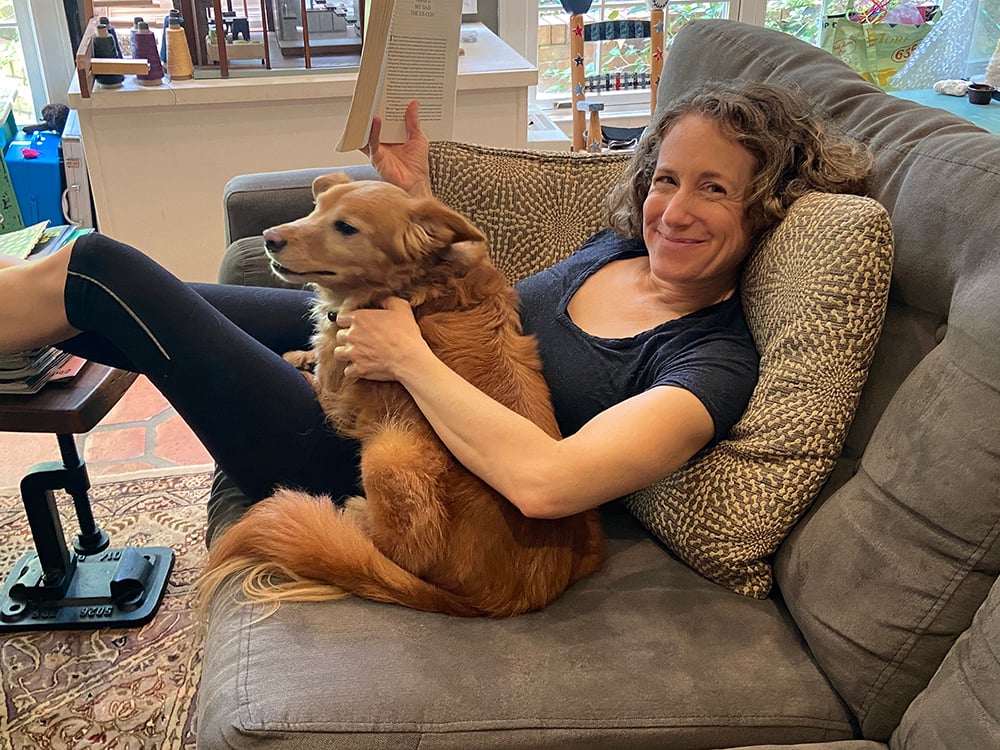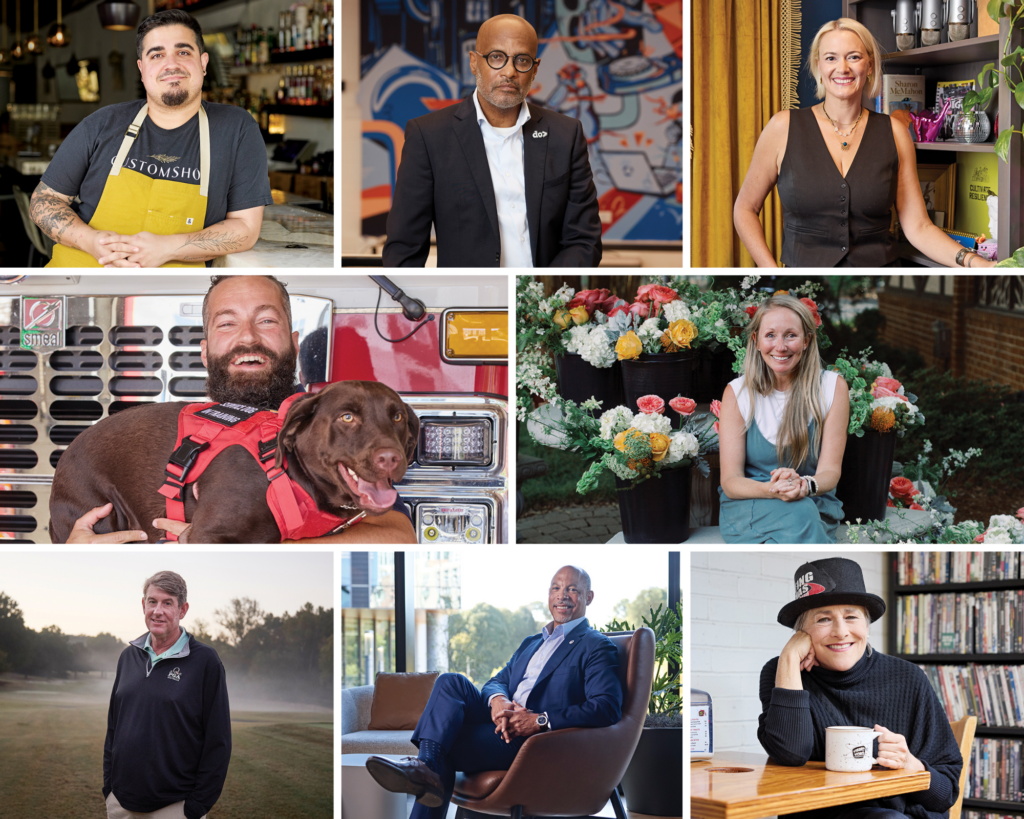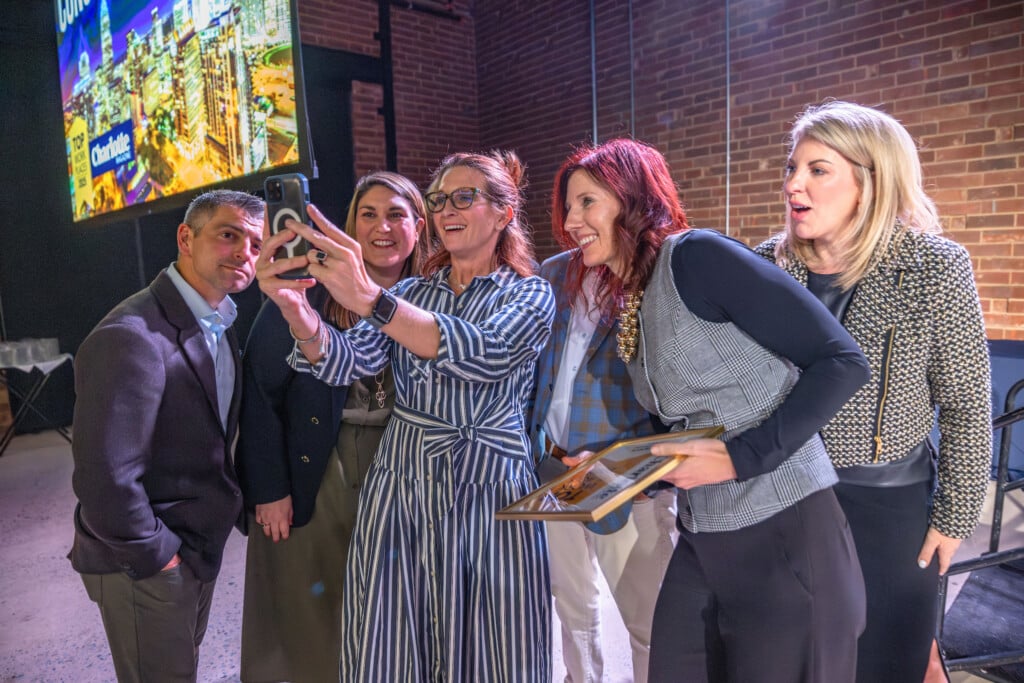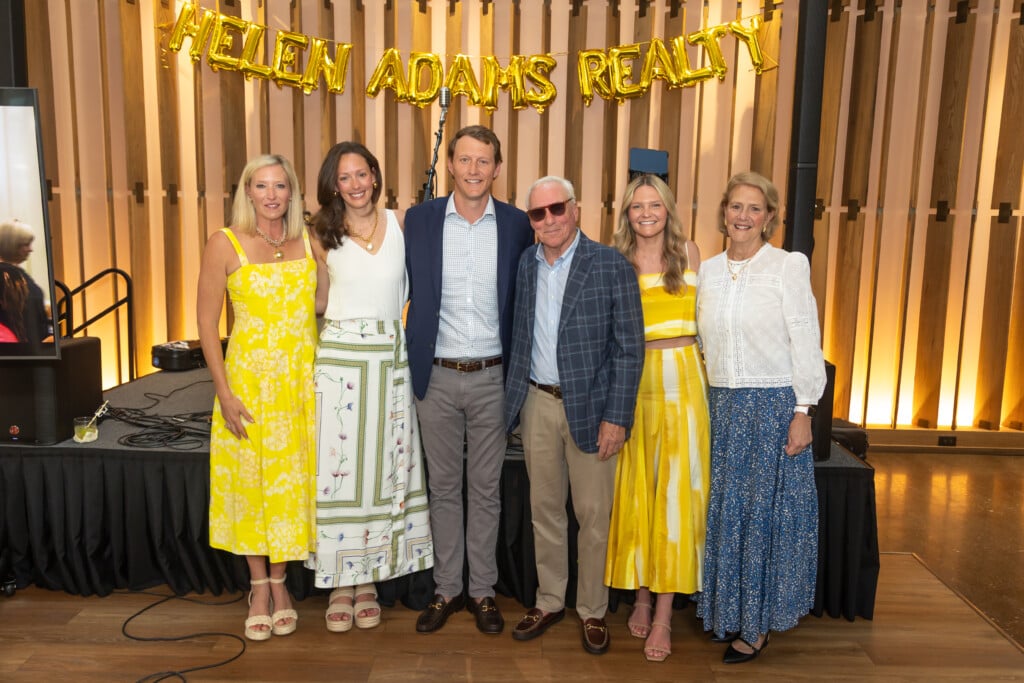A Space Where Pet Owners Can Grieve
The Humane Society partner knows that loss is loss

Twice a month, a small group joins licensed therapist Heather Kotler on Zoom. The sessions last about an hour, and Kotler, who specializes in trauma treatment, presides over an online space where people can talk, cry, connect, feel, struggle—whatever they need to work through their grief over losing a beloved pet.
Kotler began hosting the sessions in 2019 in partnership with Paws, Whiskers & Wags, an Atlanta-area pet crematory with offices in Charlotte and Hickory. She moved them to Zoom during COVID. Then, not long into lockdown, Olive died.
She was an 8-year-old rescue mutt who looked like a miniature Irish setter, Kotler says. But she developed an autoimmune disorder, and Kotler had to euthanize her. Kotler, who lives in Atlanta, continued to host the sessions and wondered whether she should share her own grief. “The thing I thought would be really hard ended up being really therapeutic,” she says. “It was at the end of the group, I remember. I shared that I had just lost my dog and that I related to what people were talking about, and I think that was quite connecting for a lot of people. I didn’t make it about me.
“I had been a little worried about doing the group immediately following her death, but I actually found it to be comforting, really comforting, as if I were a group member, being among people who also loved their pets and were experiencing the same empty feeling.”
The Humane Society of Charlotte suggests the Paws, Whiskers & Wags sessions as part of a list of referrals for pet owners who need euthanasia, cremation, and other end-of-life services. PWW was founded in 2004, expanded to North Carolina in 2014, and started the Pet Loss Support Group the following year, says Marketing Director Erin Schmidt. Founder Christine Hunsaker recognized that families needed more than cremation services after pets’ deaths. One of the company’s informal slogans: “Making a difficult day a little bit easier.”
“That day,” Schmidt says, “doesn’t just mean that 24-hour period.” It can mean weeks or months afterward, too. Kotler aims to host as many as 15 people per session, and they’re usually full.
Every once in a while, someone in Kotler’s group relates a story about others’ insensitivity. People who don’t have pets or feel strong bonds with them sometimes dismiss the intensity of pet-loss grief by wondering why you’re not getting over it, or express sentiments like: Hey, it’s just a dog. You can get another one. Those are rare, thankfully. Most people she encounters understand that the loss of a pet can hurt as much as or more than the loss of a human loved one. “People can be difficult and annoying and hard to deal with sometimes,” Kotler says, “and our pets are sources of unconditional love and support that follow us from room to room.”
Bonds with pets tend to be simpler, and the grief that emerges from their passing is no less real. “Loss is loss. Loss is the absence of something that you are deeply connected to, and that is not a replaceable thing,” she says. “I’m hoping this is a safe place for people to share their stories, to feel their feelings, to cry if they need to, without any apology. … It is certainly very therapeutic for others to hear and see other people going through something similar—that powerful feeling of, ‘It’s not just me.’”





